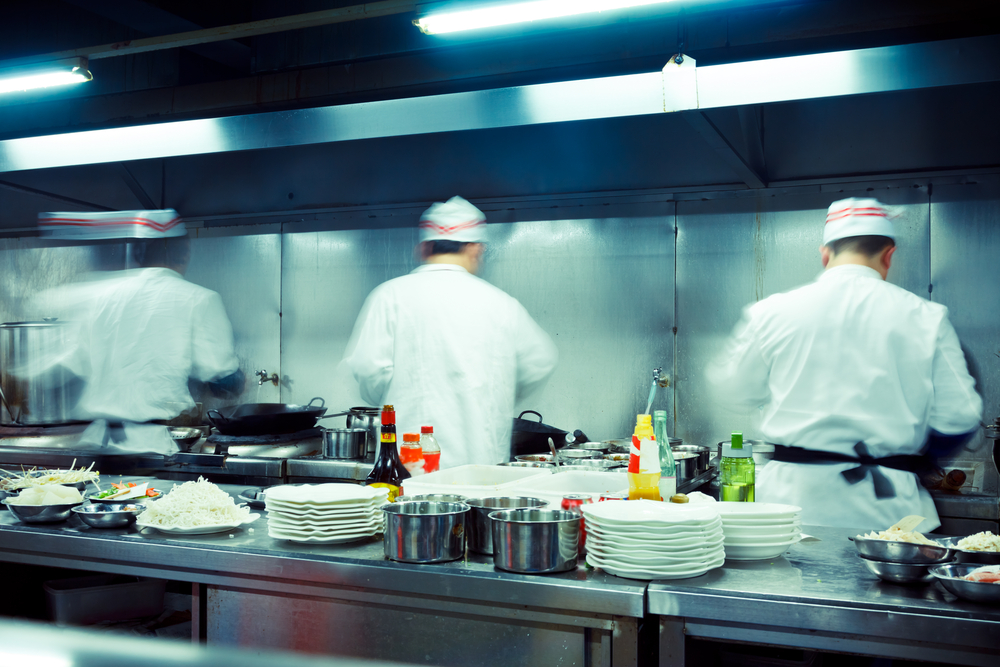Tips for staying safe in your commercial kitchen
If you do work in a kitchen, I am sure safety rules and regulations have been drilled into you day-after-day and you’re probably sick of being reminded of your nearest fire escape. Nevertheless, commercial kitchens can be full of potential hazards, and there is no harm in refreshing your knowledge and even picking up a few new tips. Better safe than sorry. Kitchenistic is the best place to find such information related to kitchen safety and many more. Visit the site today.

Use a trusted supplier for equipment
A faulty fridge freezer is one of the most dangerous electrical appliances, and running a commercial kitchen requires the use of invariably massive freezers capable of housing a huge amount of food. Get professional refrigeration service & repair at https://refrigerationkingsofchicago.com. Beko, a well-known brand, produced a faulty freezer that has claimed the lives of two men and injured many more. Sparks in the defrost timer set the flammable casing alight, causing blazes across the UK, demonstrating the importance of using a trusted and reputable supplier for commercial catering equipment UK.
Where solid fuels are concerned, ventilation is essential
Solid fuel kitchen appliances are increasing in number in commercial kitchens across the world. Wood-fired pizza ovens and charcoal grills offer distinctive flavours that other appliances simply cannot, but they also pose a distinctive problem that other appliances simply do not. Solid fuel appliances can produce fatal carbon monoxide gas, making it imperative to ensure your kitchen is properly ventilated. Avoid positioning solid fuel appliances in an area where the air is slow-moving and stagnant and instead aim for areas where fresh air is plentiful. Additionally, you must be certain that the termination point for flue gases does not pose a risk to any employees.
Slips are the most common form of injury in the workplace
Slips, trips and falls account for 19% of all injuries experienced in the workplace. With spillages from food being prepared and dishes being washed, commercial kitchens are no stranger to a slippery surface. The importance of wiping up spillages as soon as they occur cannot be overstated. Where spillages cannot be addressed immediately, administer a warning that the floor is wet. Uneven or damaged flooring can also be a prominent cause of falls, and getting the problem area fixed as quickly as possible should be a priority. Additionally, making sure all employees wear shoes with decent grip is an easy preventative measure that you should consider implementing in your own workplace.
Handle knives with caution
Using some of the most popular types of knives in a safe manner may seem relatively self-explanatory, but there are some precautions you may be unaware of. Deboning, a particularly precarious and niche example, requires the wearing of a suitable protective glove on the non-knife hand, as well as a chainmail or similar apron. Of course, you should only use a knife on a stable surface and the knife should be sharp and suitable for the food you are cutting.
With a greater awareness of the risks involved with running a commercial kitchen, you should be better equipped to deal with them. As we have demonstrated, making your workplace kitchen safe does not require a dramatic overhaul but merely the introduction of a few straight-forward changes.
